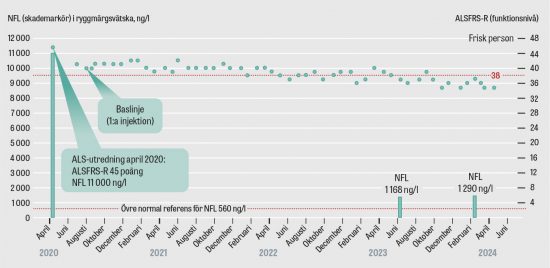According to the questionnaire responses, people had been cited as authors in breach of the rules adopted by the International Committee of Medical Journal Editors in 47 percent of the medical dissertations. In 30 percent of the dissertations, there were »authors« who had not made any significant scientific contribution. Breaches of the rule that a person cited as a co-author shall have written or critically reviewed the article occurred in 41 percent of the dissertations. 14 percent of the newly qualified doctors stated that there were articles in their dissertations by »authors« who had not read or approved the article prior to publication.
The incorrect citing of people as authors is thought to happen, among other reasons, with a view to obtaining improved qualification when applying for posts and for research grants. An established name in the list of authors can also facilitate publication in leading journals.
A number of previous studies have shown that prestigious publications often have names in the list of authors which do not comply with the criteria for co-authorship. In a questionnaire made by staff at JAMA, which was presented at a conference on peer review in Vancouver in September 2009, it emerged that a third of 230 original articles published in Annals of Internal Medicine, JAMA, Lancet, Nature Medicine, New England Journal of Medicine and PLoS Medicine during 2008, had honorary authors in the list of authors.
»The study in Lakartidningen indicates that the issue of authorship is problematic from the very beginning of research careers. Very junior researchers also seem to be encouraged into a behaviour that may continue for the rest of their careers«, comments Ginny Barbour, editor-in-chief of PLoS Medicine, in Lakartidningen.
Harriet Wallberg-Henriksson, Vice-Chancellor of the Karolinska Institute, Stockholm, says that the result of the questionnaire is depressing.
»There has been a broad agreement within the scientific community that it was OK to do this. One would like to believe that this was more common in the past although there is no probably no evidence to support this.«
According to Mats Ulfendahl, principal secretary for the Swedish Research Council’s Scientific Council for Medicine and Health, it is the academic institutions that bear prime responsibility for tightening up treatment of co-authorship.
»I believe that what is needed above all is a discussion on this problem, which everyone, to a varying extent, is aware of. In my view, the most important thing shown by the questionnaire is that there has been no discussion on these principles, at least not in such a way as to be understood by the doctoral students. This is a general failure on the part of supervisors.«
Stefan Johansson, medical editor, and Jan Östergren, medical chief editor, Lakartidningen, write in a comment that the Swedish universities should take the initiative with a view to checking the occurrence of honorary authorship.























